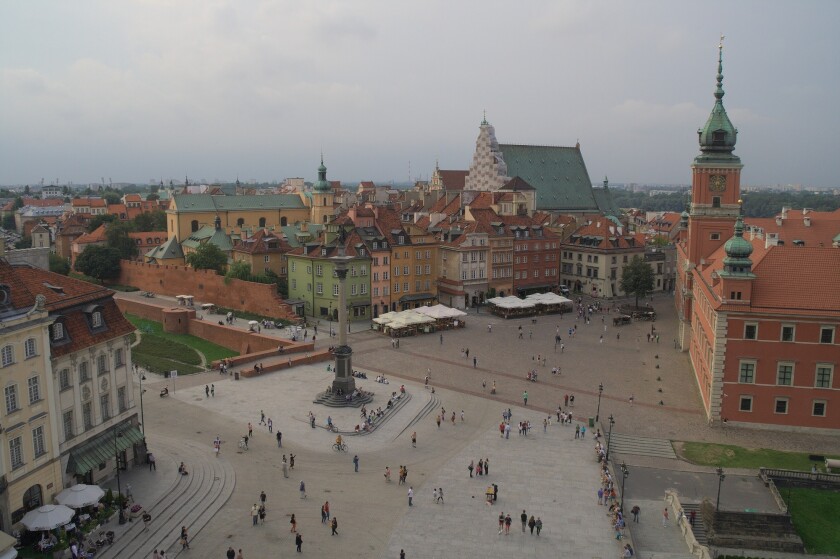July 1 2022 marked the second anniversary of the introduction of intellectual property (IP) courts in Poland. This raises the questions of what has changed and what developments can we expect in the future.
What are the IP courts?
On July 1 2020, five specialised IP courts based in Warsaw, Poznań, Gdańsk, Katowice, and Lublin started operating in Poland. They have exclusive jurisdiction to hear cases regarding trademarks, designs, copyrights, trade secrets, and unfair competition claims. Furthermore, the court in Warsaw has exclusive competence to hear cases regarding technical matters, especially patent infringement proceedings. Appeals in IP cases are heard by divisions of two courts of appeal, in Warsaw and Poznań.
The newly established courts came with a broader legislative change, which introduced specialised provisions regarding the litigation of IP cases in Poland, including new measures regarding requests for preliminary injunction. New judges have also been appointed to hear the matters. Of course, all these changes have had a significant impact on the case law and practical approach towards the recognition of IP matters.
According to the official data provided by the courts, the Warsaw IP court receives the largest number of cases per year – more than 1,000 – and the regional courts a few hundred each. The predominant number of proceedings concern the payment of remuneration for non-contractual use of IP rights; in particular, copyright.
Uniform practice or a different approach?
It is clearly noticeable that after two years a unified practice has not yet been established among the IP courts in Poland. For example, some courts are more willing to hear requests for imposing preliminary injunctions based on ex parte proceedings (Lublin), while others prefer to inform the infringer about the initiation of such an action and invite them to file a statement of defence (Warsaw).
There are also significant differences regarding the courts’ approach towards so-called protective letters, which are not recognised and/or provided for by Polish law. The IP court in Katowice takes them into consideration when deciding a matter, without even informing the claimant about it being filed by an alleged infringer, and as opposed to, for example, the IP court in Warsaw, which invites the claimant to provide its comments on the letter. On the other hand, the IP court in Lublin returns the letters to the defendants.
Litigants wishing to initiate legal proceedings must therefore be prepared to navigate through the nuances of IP litigation in Poland.
What can be expected in the future?
In the overall assessment of practitioners, the decision to establish specialised IP courts was a step in the right direction that will promote the professionalisation of the relevant courts and their judges, and, as a consequence, contribute to a higher quality of case law.
Also, with an increase in the number of decisions, including those issued in appellate proceedings, the practice of IP courts in Poland can be expected to stabilise, to the benefit of entities willing to enforce their IP rights in Poland.
The IP courts in Poland are also becoming increasingly open to applying novel procedural solutions introduced to Polish law in parallel with the establishment of IP courts, such as:
Scheduling pre-trial hearings;
Drawing up trial plans; or
Requesting the alleged infringers to disclose or produce evidence regarding the goods at issue.
Applying these solutions improves the quality and transparency of the proceedings and, consequently, their effectiveness. Further developments in the judicial practice of IP courts in Poland are therefore eagerly awaited.













